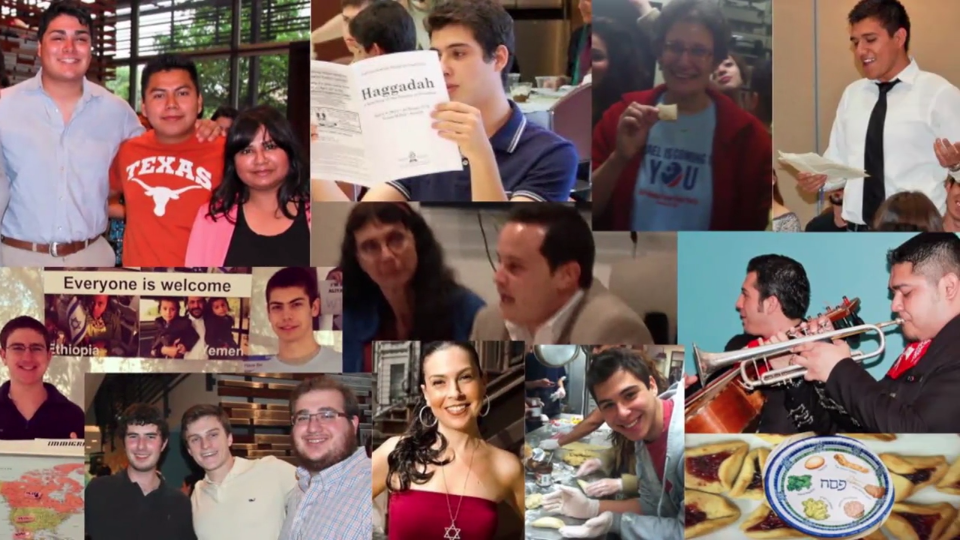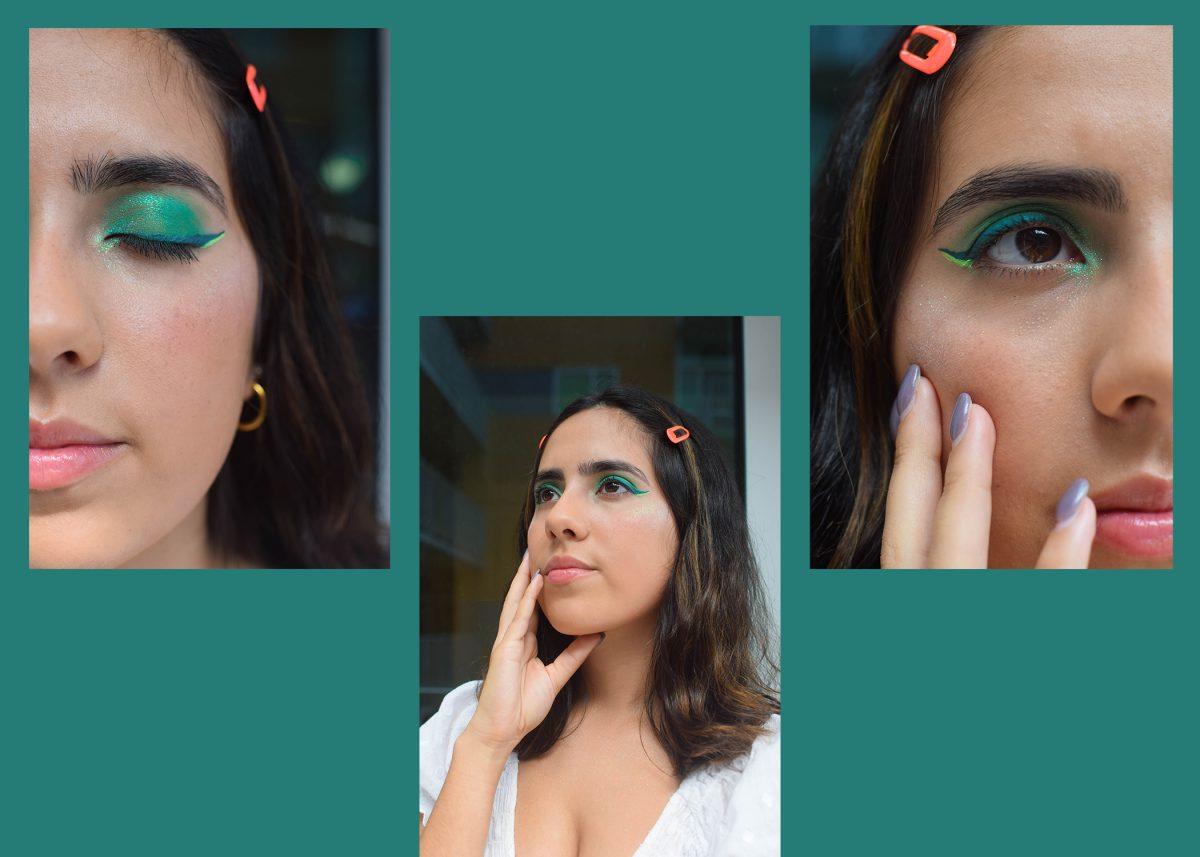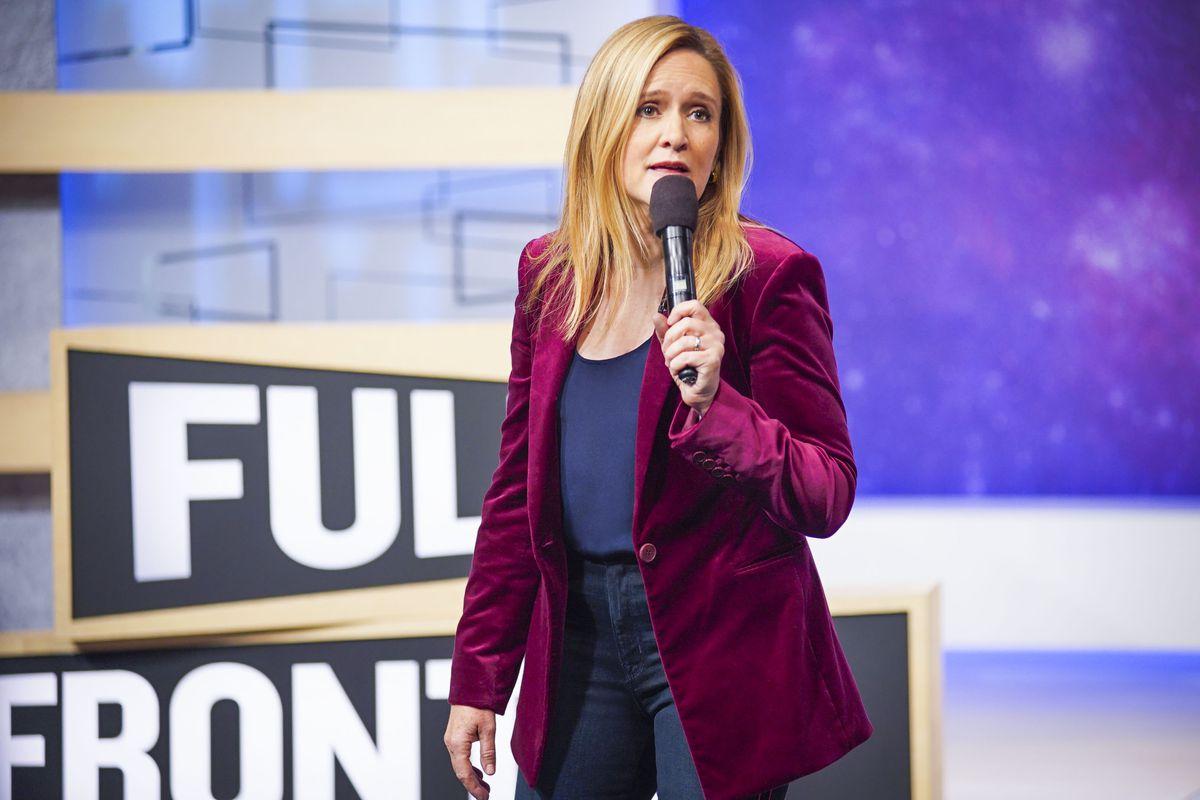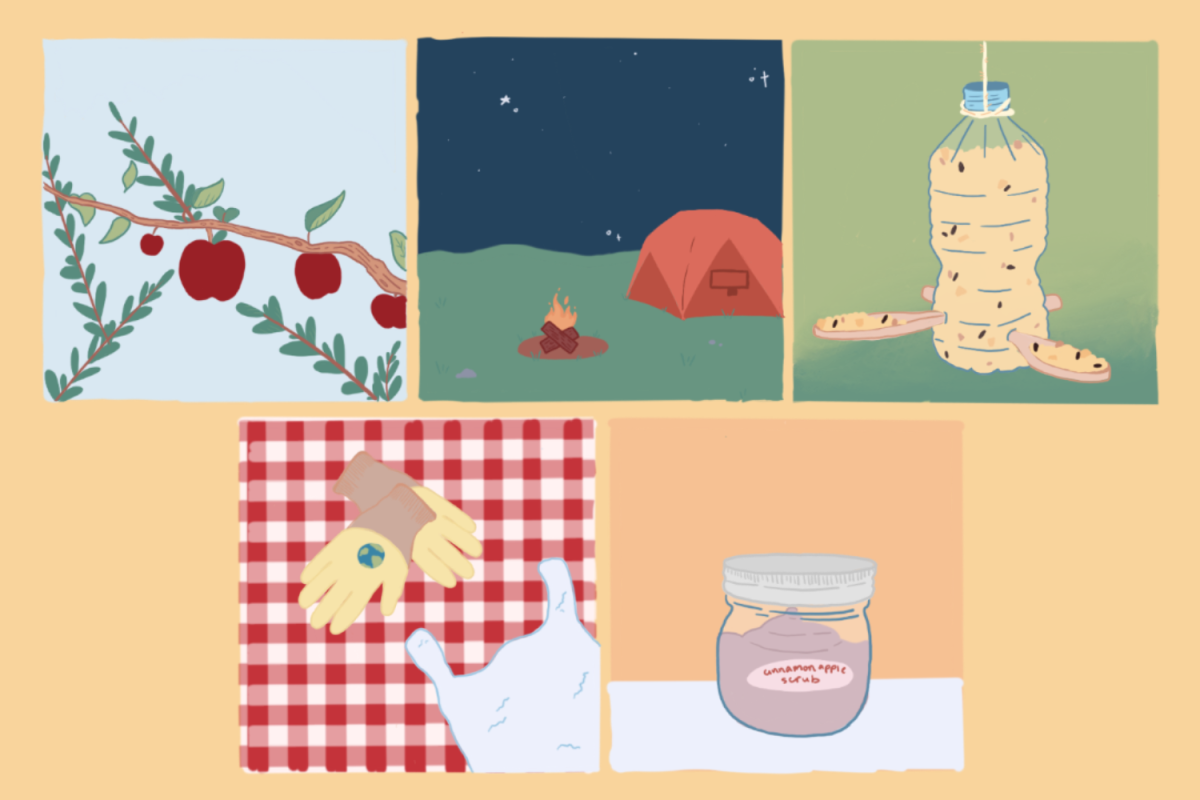By Selah Maya Zighelboim
As students munch on chips and sip Topo Chico in a room at the University of Texas’s Jewish student center Hillel, conversation turns to heritage.
One student says that his family fled to Puerto Rico during the Spanish Inquisition. Another talks about how her family went to Mexico during the Holocaust.
Some of these students have Jewish backgrounds, and some have Latino ones — many have both. They are part of the Latino-Jewish Student Coalition, a group of students who come together to share customs and discuss how to instigate social and political change like immigration reform and pro-Israel legislation. Hoping to spread the coalition to college campuses throughout the country, coalition members Tracy Frydberg and Elizabeth Anderson made a documentary called “Project Puente,” which will premiere Monday, Feb. 23 at the Blanton Museum.
Screenshot from the film “Project Puente,” produced by Latino-Jewish Student Coalition members Tracy Frydberg and Elizabeth Anderson. The film premieres Monday, Feb. 23 at the Blanton Museum.
To film “Project Puente,” Frydberg and Anderson traveled to Monterrey, Mexico City, Buenos Aires, Washington, D.C., San Antonio and Austin to tell the story of the relationship between Latino and Jewish communities. The documentary also delves into the history of the relationship between Latino and Jewish communities, which began with the expulsion of Spain’s Jewish population in 1492.
Today, about 500,000 Jews live in Latin American countries. “Project Puente” explores three such communities in Mexico City, Monterrey and Buenos Aires. In Mexico, Jewish communities tend to not interact with their neighbors, while in Argentina, they are more assimilated into the larger non-Jewish population. “The reason that I think we should work together is not because we have so much in common but because of our unique cultural identities that make us so interesting and compatible,” Frydberg says. “But I think that there’s a great love of family and putting the needs of family first. There’s a lot of, I think, spirit and life in both communities that allows us to relate to each other.”
Members of the Latino-Jewish Student Coalition want to share traditions and use the coalition as a platform to learn about issues important to people different from themselves. The coalition’s biggest event of the year is the Freedom Seder, which combines the customs of Passover, an eight-day Jewish holiday in March or April, with Latino issues, such as immigration reform and the DREAM Act.
Politics also motivates the organization. The rapid growth of the Latino population in the United States, combined with the Jewish history of using connections and resources to accomplish goals, made these students believe they could achieve more by working together. “I like seeing people coming together, so they can bring proactive change,” co-president of the coalition, María Rentería, says. “The fact that we have two organizations who really don’t know each other, and who just want to learn and educate each other on those kinds of things, is what pushed me to be involved.”
“Project Puente” follows the Latino-Jewish Student Coalition as it plans a Freedom Seder while lobbying for immigration reform and pro-Israel legislation. It studies the growing trend of Latino-Jewish Coalitions throughout the United States, on both a national level and local level in Austin. For the documentary, Frydberg and Anderson interviewed diverse groups of people — Jewish and Christian religious leaders, historians, students and sometimes just random people on the streets of foreign cities. “You look through the lens of a camera, and you have to smile when your subject is agreeing with someone else you’ve interviewed from a completely different background,” Anderson wrote in an email. “You have the chance to piece those voices together for others to see. More than anything, I hope this is what stands out in our film.”












































